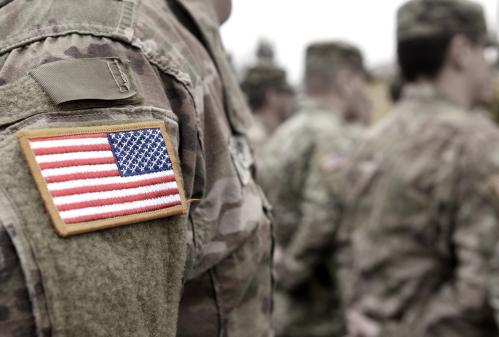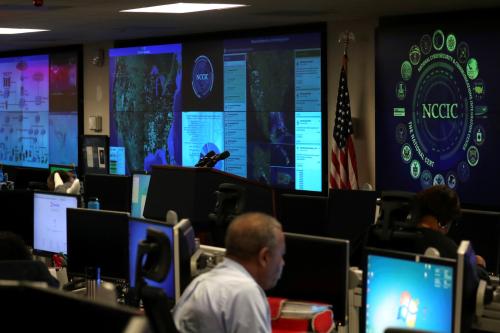David Petraeus is superbly qualified to be the next Director of Central Intelligence, perhaps the hardest job in Washington where successes are a secret and failures a disaster. He knows the face of our enemies up close.
Almost certainly, Petraeus will push the C.I.A. to provide better support to the military.
As commander in Iraq and Afghanistan he knows al Qaeda and its jihadist allies. As commander in chief of U.S. Central Command, he knows Iran. In both hats he knows our partners Pakistan and Saudi Arabia — both their valuable assistance and their insidious duplicity. He knows the Washington decision-making process intimately both in the White House situation room and in the Congress.
The military has long provided the agency with generals and admirals to lead it but Petraeus’s battlefield experience is unique. He has been a customer and analyst of intelligence in the field, unlike any of his predecessors. He knows the strengths and weaknesses of intelligence work products and the collection process up close where errors are deadly. Almost certainly, he will want to push the agency to up its game and provide better support to the military. Since we are fighting three wars today that makes perfect sense.
But he will also have to provide better support to what the agency calls its “first customer.” It is an open secret that President Obama and his team want better information and analysis from the intelligence community. I saw that in the administration’s first 60 days. Obama’s chief of staff, Rahm Emmanuel, asked me once how is it we don’t have a clue where Osama bin Laden is after all these years. It is still a good question. Just as important is answering questions like how will Al Qaeda exploit the Arab revolutions and where is the next flash point of unrest? These are tough, big picture issues that battlefield commanders don’t usually worry about.
The challenge of getting the right tactical information to the battlefield commander and the right strategic analysis to the Oval office is daunting. It requires balancing priorities and resources very carefully. It also means conveying unpleasant facts that presidents often may not want to hear. Intelligence is more often than not bad news.
No where is that challenge harder than in Pakistan and Afghanistan. Obama inherited a disaster in south Asia, a war where early victory had been squandered and defeat was imminent two years ago. He has tried to turn the situation around despite widespread skepticism that the patient, the Kabul government, can be revived.
To succeed, we must understand our enemy and our “frenemies,” both their strengths and weaknesses, and get the best possible intelligence to our generals and our president. Tough job.
The Brookings Institution is committed to quality, independence, and impact.
We are supported by a diverse array of funders. In line with our values and policies, each Brookings publication represents the sole views of its author(s).



Commentary
Op-edDavid Petraeus: Knowing the Enemy Up Close
April 28, 2011